Boardroom verdict: budget offers some hope but more reform is needed
Australia’s business leaders believe budget measures will help ease cost-of-living pressures but could lead to an increase in inflation.
Business leaders have questioned a “rainbow budget” that relies on a commodity boom and fails to alleviate inflationary pressures, but say the Albanese government has the opportunity to deliver a broader set of economic reforms.
Woolworths and Origin Energy chairman Scott Perkins, who also sits on the board of Brambles, said the Albanese government needed to lean in to address record low productivity.
“The dilemma is clear – temporary revenue tailwinds paying for permanent spending increases,” Mr Perkins said. “The way out is to address record low productivity and prune spending in areas that aren’t working to fund the areas that we all agree need investment.”
It’s something he believed the government can do. “The electoral landscape presents a generational opportunity for reform, which we know Labor government’s can deliver,” Mr Perkins said.
NAB chief executive Ross McEwan has backed the budget’s measures to help alleviate cost-of-living pressures for vulnerable households, despite some economists warning they may add to inflationary pressures.
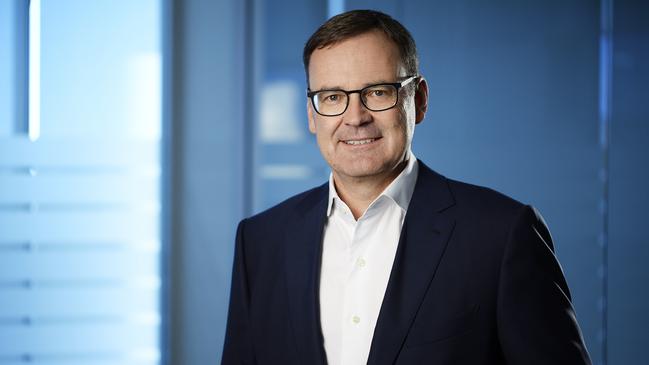
“It is a challenging balancing act to provide financial support without fuelling the inflation you’re trying to reduce, which is why targeted measures are critical,” Mr McEwan said.
“The government’s additional investment in social and affordable housing is a positive step in tackling a significant problem” … although “chronic lack of housing supply” remained a major issue.
Former Liberal minister Warwick Smith, an adviser to businessman Kerry Stokes and chair of the global engagement committee of the Business Council of Australia, said the budget would add to inflationary pressures.
He said the government had delivered a “rainbow budget” which had taken advantage of an unexpected “pot of gold” from higher commodity prices that could add pressure to inflation.
“This will put more pressure on the Reserve Bank,” Mr Smith said.
He hoped the budget’s expectations for growth and for the CPI to come back down within the RBA’s target levels could be achieved, but thought the timeline for getting inflation down was “ambitious”.
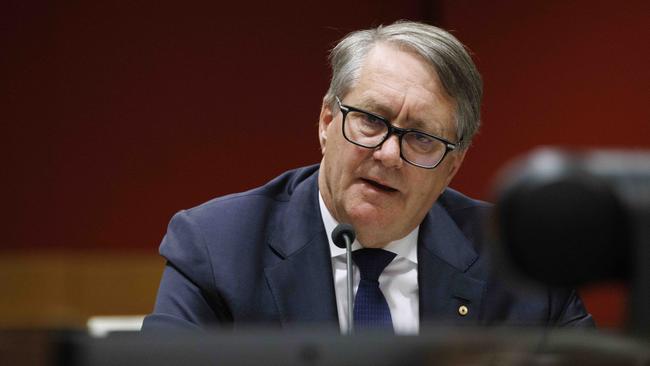
He said the budget had contained the prospect of increasing budget deficits. “That will put a lot of pressure on people,” he said.
The budget has a number of policies aimed at women, such as its single-parent payment. More than 90 per cent of eligible single parents in Australia are women and the cut-off age for the payments will be raised from 8 to 14 years old at a cost to the government of an extra $1.9bn over four years.
The budget also targeted the early childhood education and care workforce – most of whom are women – as well as support for women in male-dominated trade apprenticeships.
ANZ director Alana Atlas said it was pleasing to see the budget had a number of measures that would help women and ease some cost of living pressures. “It was a positive budget,” she said. “I think the initiatives that support women were very well received.”
University of Sydney professor Rae Cooper said many of the initiatives were “very necessary” even though they add more money into the economy. “It’s not buckets of money being thrown at people, it’s being done in a targeted fashion to people who are in need in a way that’s not a massive cash splash,” Professor Cooper said.
“At the moment it’s the best the government might be able to do.”

But some business leaders believe the $14bn being spent to try to ease the burden of the rising cost of living may actually drive inflation higher and cause even greater pain to struggling families. Inflation is currently sitting at 7 per cent.
Goldman Sachs says a $10.6bn increase in policy-related spending over the next four years will make it harder for the Reserve Bank to get inflation back to its 2-3 per cent target in a reasonable time frame.
“At a time when the RBA is lifting rates to contain elevated inflation and accelerating labour costs, we assess the budget’s near-term boost to household incomes to have an incrementally hawkish read-through for monetary policy,” said Goldman Sachs Australia chief economist, Andrew Boak.
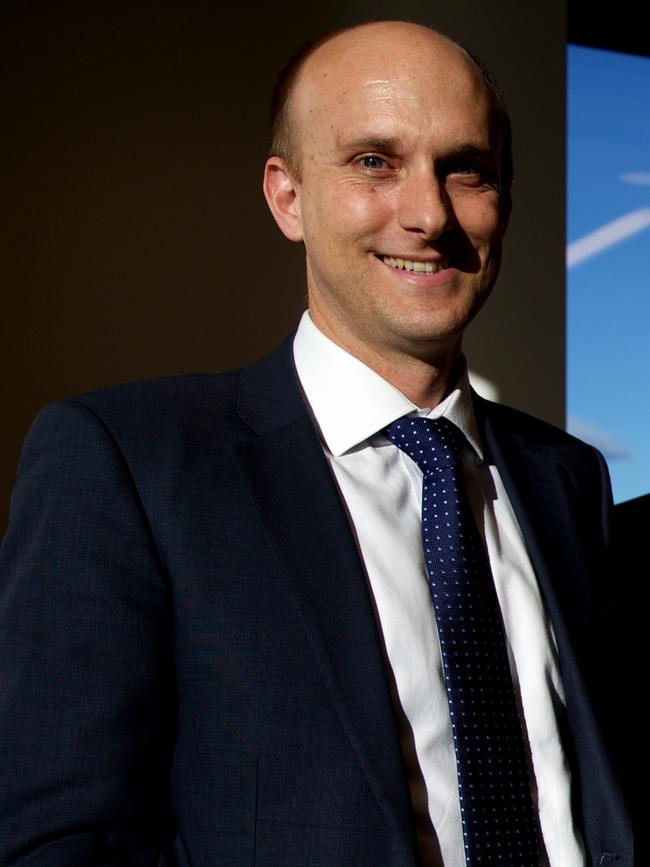
“Given surging migration-led population growth and the recent strong rebound in house prices, we see a firming case for further policy tightening by the RBA over the coming months.”
His base case is for a final 25 basis point rate hike in July, following confirmation of another large annual reset in the minimum wage and utility prices.
Mr Smith said it was not out of the question that the government might decide to drop the stage three tax cuts in its next budget. He said the cuts, which will benefit people on higher incomes, were locked into the budget, but the government could face a different economic situation by next year’s budget.
“If things are not going well in the economy, and we are seeing things slowing down globally, when the government delivers what will be its third budget they might want to think about how to appeal to their base by taking away the tax cuts,” Mr Smith said. “If you are banking those tax cuts, think again.”
There was broad scale support for the move toward greener energy sources.
More Coverage
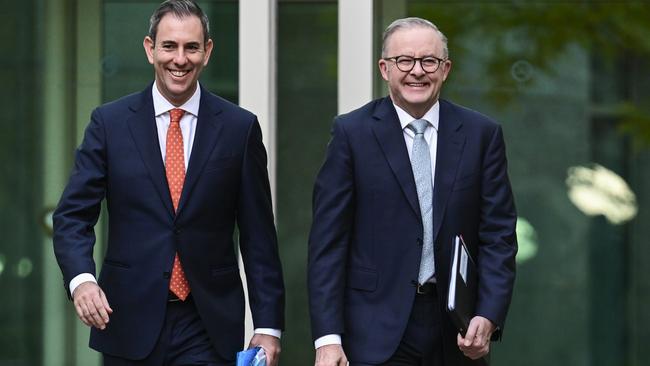

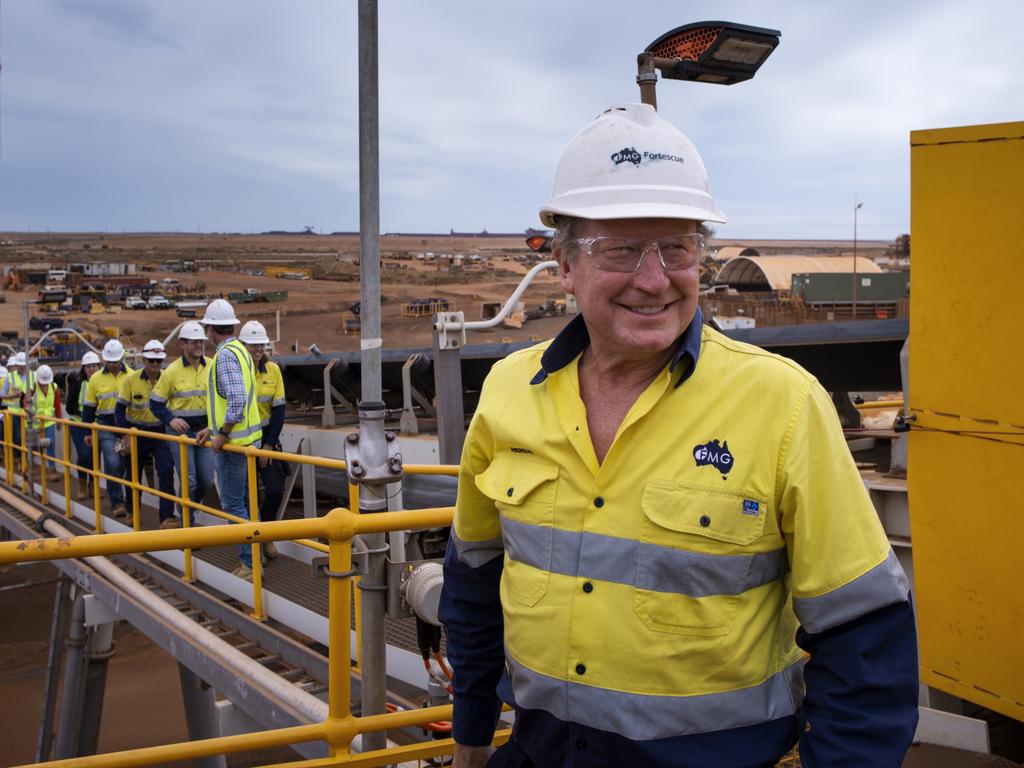



To join the conversation, please log in. Don't have an account? Register
Join the conversation, you are commenting as Logout